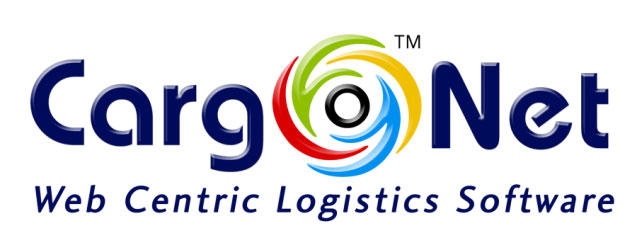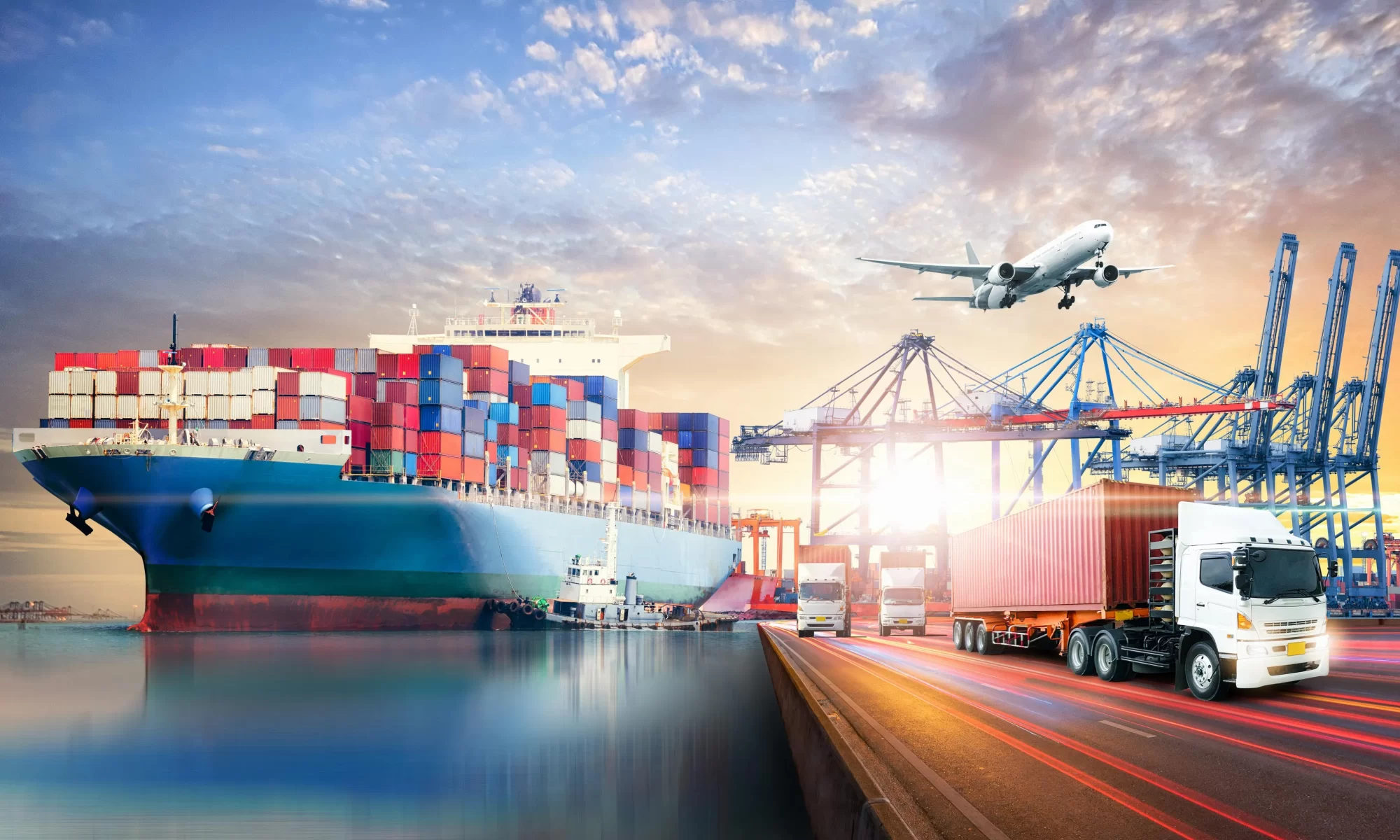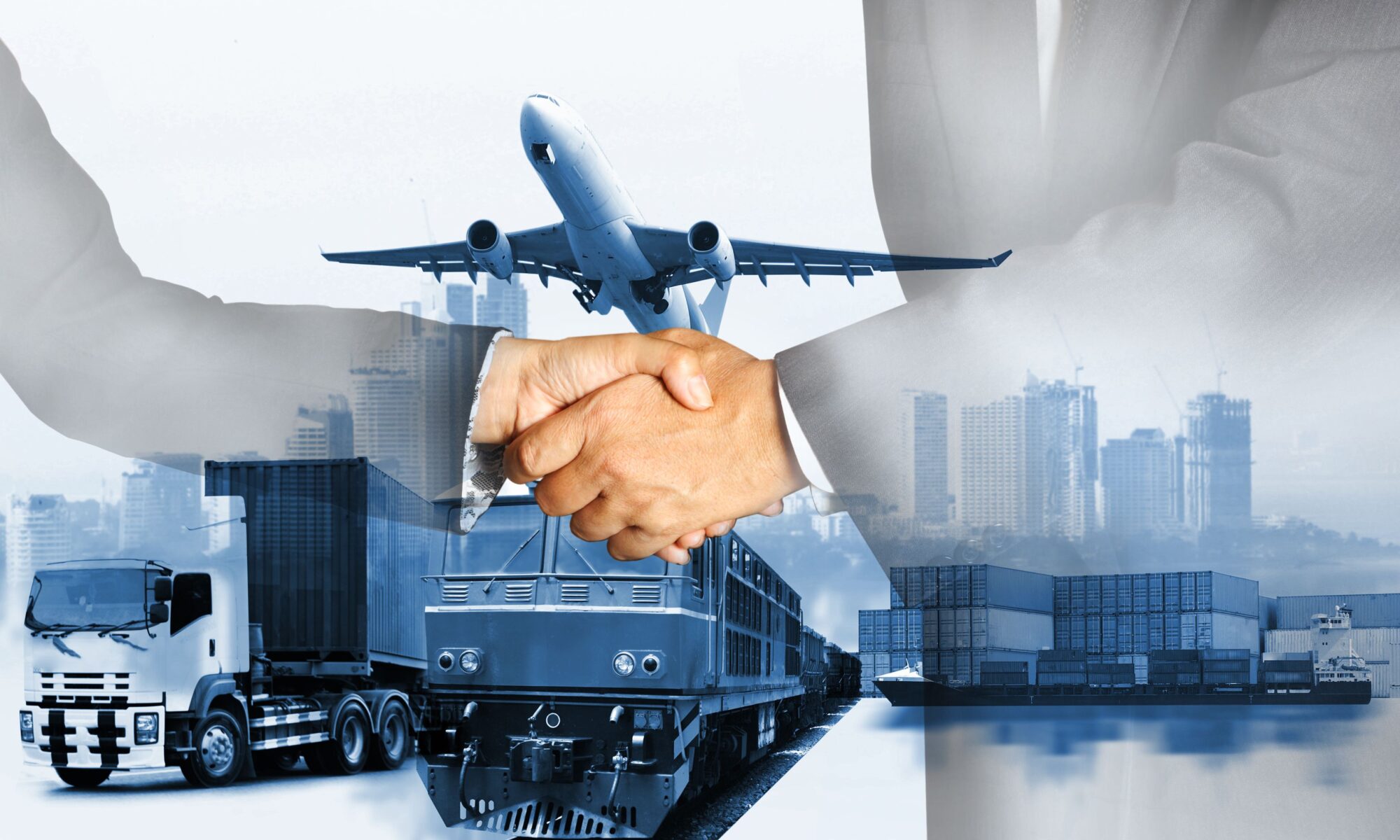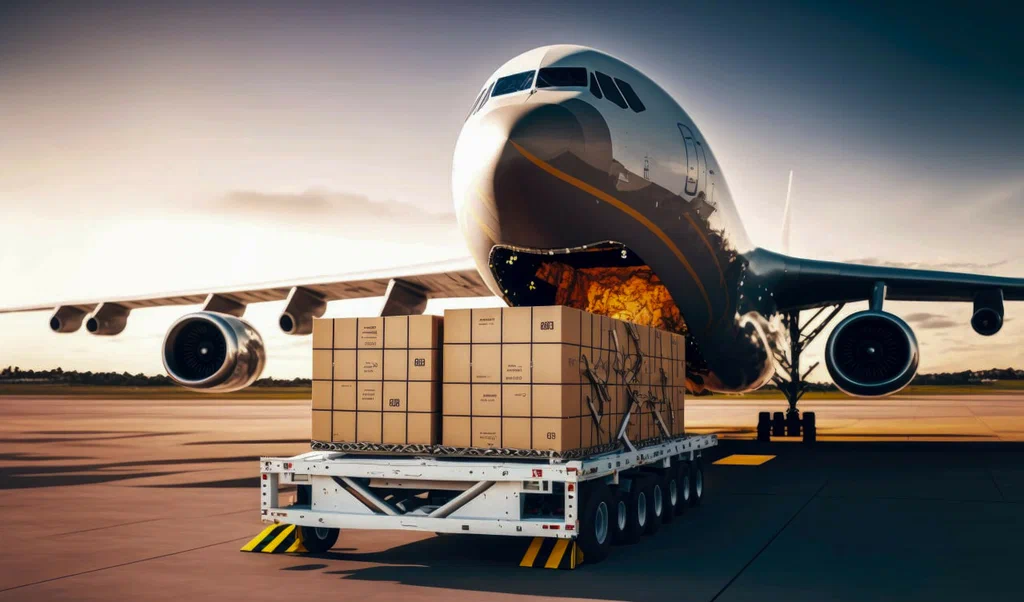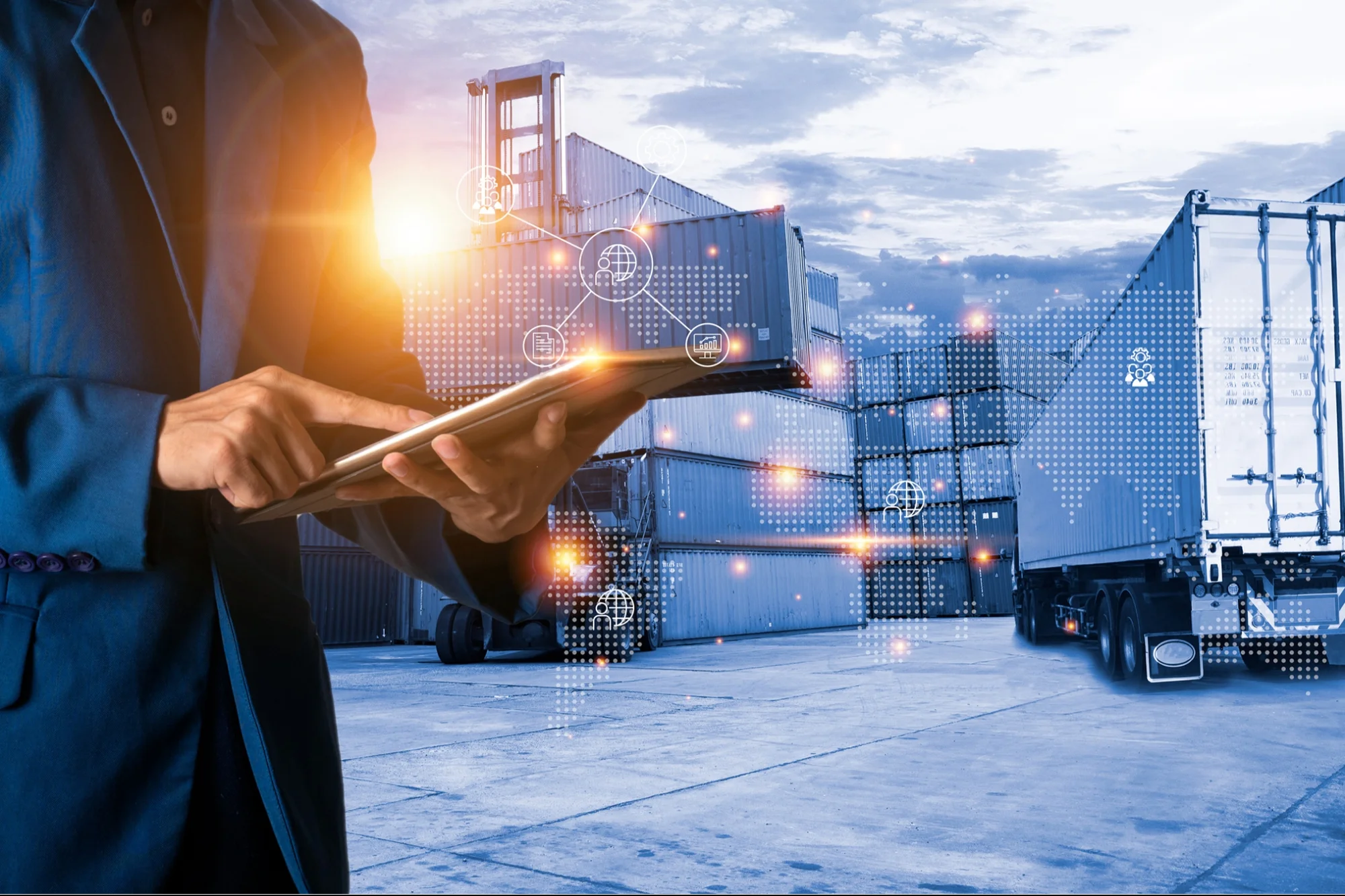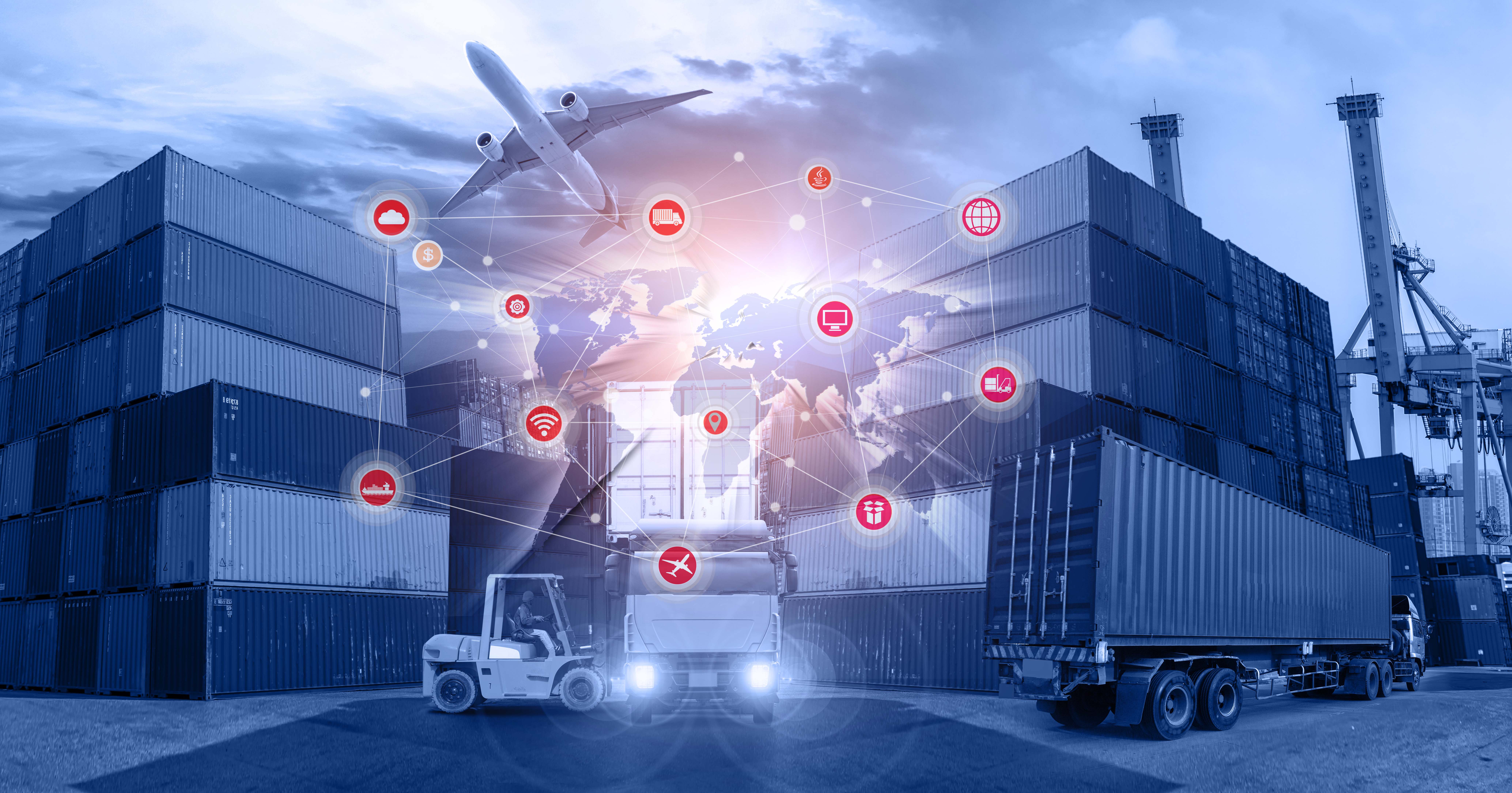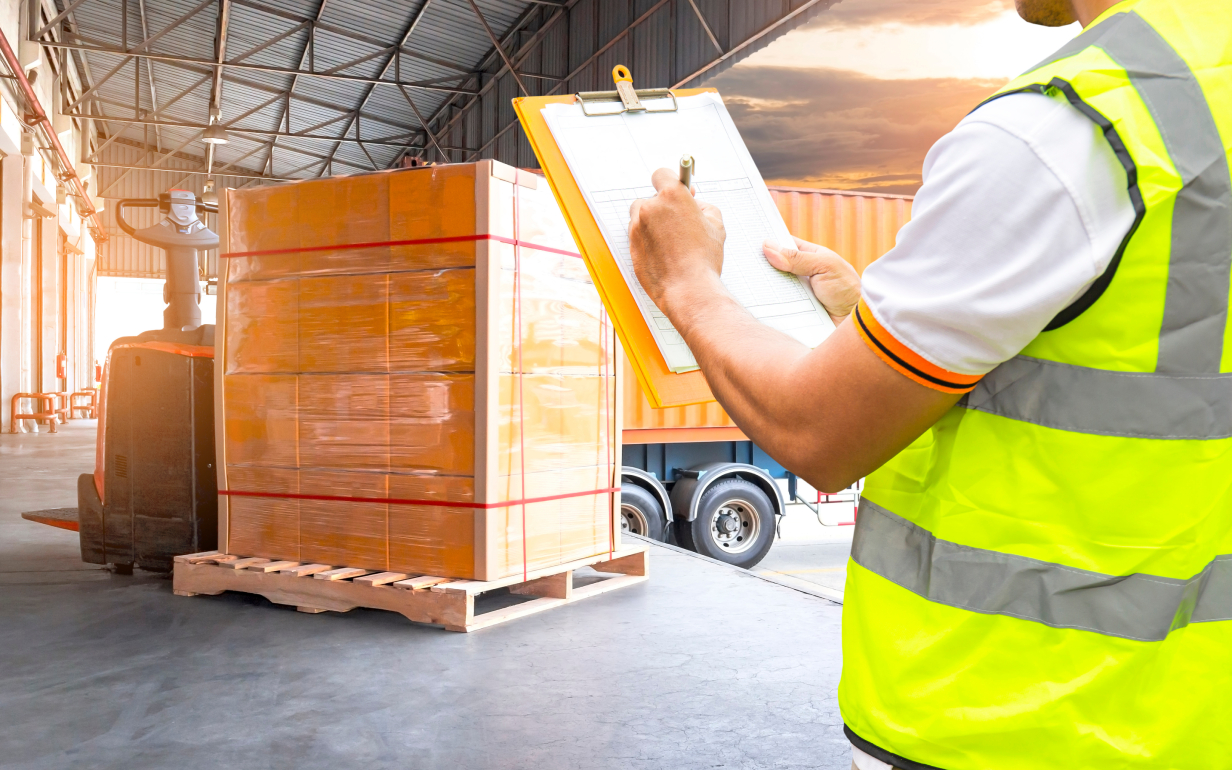Why CargoNet Leads the Digital Logistics Revolution with AI and Saudi Compliance at Its Core
As Saudi Arabia positions itself as a global logistics hub under Vision 2030, freight forwarders face increasing pressure to modernize. With growing trade volumes, tighter customs regulations and heightened customer expectations, logistics companies must go beyond spreadsheets and disconnected systems.
The solution? Intelligent, scalable, and localized freight forwarding software.
This guide highlights the Top 5 Freight Forwarding Software Platforms in Saudi Arabia for 2025, with a strong focus on CargoNet — the industry’s most advanced and Saudi-ready freight ERP, built with AI-driven automation and deep local compliance capabilities.
Why Freight Software is Essential in 2025
In today’s logistics environment, freight forwarders are not just moving cargo — they are managing documents, pricing, compliance, customer expectations, and operations across multiple channels. Without a unified, automated system, businesses face:
- Delays in customs clearance
- Manual errors in documentation
- Uncompetitive pricing
- Poor shipment visibility
- Inability to scale
The right software helps overcome these challenges through automation, real-time data, and smarter workflows. In 2025, AI-driven freight platforms are becoming a necessity — not a luxury.
The Role of AI in Modern Freight Forwarding
Artificial Intelligence (AI) is redefining the logistics industry. From quoting and scheduling to compliance and risk mitigation, AI enables freight companies to operate faster and smarter.
How AI is transforming freight operations:
- Instant freight quote generation
- Predictive pricing based on demand and route trends
- Automated milestone alerts and follow-ups
- AI-driven document generation and compliance validation
- Delay prediction and exception handling
This is where CargoNet stands out as a leader.
1. CargoNet – The Leading AI Freight ERP for Saudi ArabiaCargoNet is the most complete AI powered freight forwarding software tailored to the needs of logistics companies in Saudi Arabia. Built with local regulations, deployment flexibility, and AI-powered workflows, it supports air, sea, and land operations under one platform.
Why CargoNet Is #1:
Feature
CargoNet Advantage
Customs Integration
Full Saudi customs automation
AI + Automation
Quote-to-invoice workflows, smart alerts, document generation
Arabic & English Interface
Built for regional users
Deployment Flexibility
Cloud, On-Premise, Hybrid, or OpenStack Local Cloud
No-Code Customization
Modify forms and workflows without IT
Full ERP Modules
Freight, WMS, TMS, CRM, Sales, Finance,NVOCC
Trusted by: Leading freight forwarders, NVOCCs, and logistics providers across Saudi Arabia.
Experience CargoNet in Action
Dive into Saudi Arabia’s most advanced freight ERP—designed for speed, compliance, and growth.
Get a Personalized Walkthrough
See how CargoNet fits your business with a tailored demo from our logistics tech experts.
2. Magaya
A freight and warehouse management platform with solid operations features. However, it lacks native support for Saudi customs and local language needs.
3. BoxTop Technologies
A desktop-to-cloud solution best suited for companies transitioning from legacy systems. Offers strong core features but lacks AI, automation, and customs integration for Saudi Arabia.
4. TransVirtual
Geared toward road freight and last-mile delivery operations. Provides features like POD capture and driver management but does not support international freight or Saudi customs workflows.
5. Descartes EDI
Focused on global EDI and customs documentation workflows. While strong in compliance automation, it is not a full freight ERP and lacks operational modules for freight forwarding.
Why CargoNet Stands Above the Rest
CargoNet is more than just freight software—it’s a complete ERP for logistics companies in Saudi Arabia. With AI at the core, deep customs integration, and a modular design that grows with your business, it’s the most capable and future-ready platform on the market.
Only CargoNet delivers:
- AI-driven operational efficiency
- Arabic-first user experience
- Customization without coding
- True end-to-end logistics ERP
Quick Comparison Snapshot
Software
Best For
Saudi Compliance
AI Features
ERP Scope
CargoNet
Full freight & logistics ERP
Yes
Yes
Full
Magaya
Freight + warehousing
Limited
Basic
Partial
BoxTop
Transitioning companies
None
No
Basic
TransVirtual
Transport & delivery fleets
Not applicable
No
Delivery only
Descartes EDI
Customs documentation
Yes
No
Not operational
Ready to Take Control of Your Freight Operations?
Now is the time to move beyond manual systems and fragmented workflows. Choose a system built for Saudi regulations, powered by AI, and designed to scale as your business grows.
